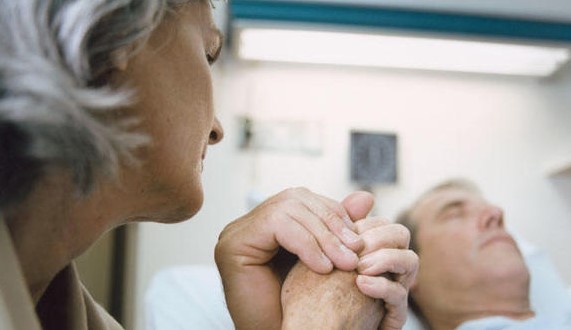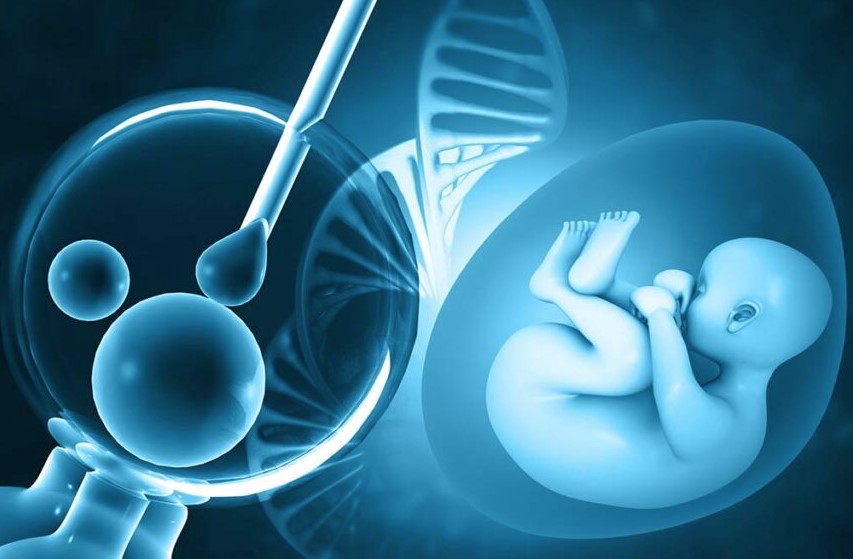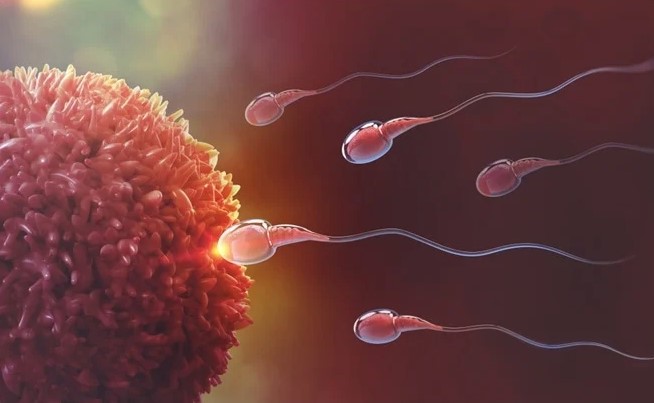In a recent turn of events, a 62-year-old woman from Australia has successfully obtained the right to extract her deceased husband's sperm.
However, her journey is an ongoing debate as she now finds herself embroiled in an ongoing battle to utilize it for conception.

Legal Hurdles and a Grieving Widows Quest for Parenthood
According to reports from ABC, the woman, who remains unidentified for legal reasons, had been exploring the possibility of conceiving a child through surrogacy.
Tragically, her hopes were shattered when her 61-year-old husband passed away suddenly at their home in Western Australia on December 17.
As their 29-year-old daughter drowned during a fishing trip in 2013 and their 30-year-old son died in a car accident in 2019, the couple had intended to have another child.
Justice Fiona Seaward allowed her to proceed with the extraction of her husband's sperm, which was still preserved at a morgue in Perth after receiving her family situation reports.

However, the legal landscape poses a significant hurdle for the grieving widow.
Western Australia's laws strictly prohibit the use of reproductive cells after death. As a result, she now seeking approval from the Reproductive Technology Council to utilize the extracted sperm in another state where such usage is legal.
Previously, experts informed the widow that conceiving was naturally impossible due to her age.
However, tests confirmed the suitability of her husband's sperm for in-vitro fertilization (IVF).
The woman's 20-year-old cousin, who is living in the Philippines, had generously volunteered to serve as their surrogate.
However, at the time of the man's passing, the couple was facing legal hurdles in their pursuit of surrogacy. The process would have necessitated their temporary relocation to the Philippines.

The judge also raised concerns about the absence of prior authorization from a hospital delegate, questioning why such approval had not been sought beforehand.
The widow claimed that she had initially attempted to arrange for the extraction of her husband's sperm shortly after his passing.
However, she was compelled to seek an urgent court order when the facility didn't assign a designated officer to assist her, as outlined in the court documents.
Experts in the field of reproductive health hold varying perspectives on the topic of posthumous fertilization.
“Medically it’s all feasible,” University of Western Australia professor of reproductive medicine Roger Hart said
Professor Roger Hart, a renowned expert in reproductive medicine from the University of Western Australia, acknowledges the medical feasibility of posthumous fertilization.
However, he emphasizes the importance of ethical considerations and believes that counselors and psychologists are better equipped to assess the appropriateness of such cases.

In the specific situation at hand, where the widow is 62 years old and intends to use both donor eggs and a surrogate, Professor Hart explains the multi-step process involved.
Sperm from the deceased husband will be used to inseminate the donor eggs, and the resulting embryos will then be transferred to a surrogate.
Experts warn of the potential risks associated with using the sperm of older men
Additionally, Professor Hart highlights the potential risks associated with using the sperm of older men, including a higher likelihood of chromosomal abnormalities and deletions.
These genetic factors pose increased risks to the health of the child. Therefore, comprehensive counseling will be necessary to inform the widow about these potential concerns.

“The woman is going to have to use donor eggs because she’s 62 and she’s also planning to use a surrogate … It’s posthumous use of the sperm, so the child will never know its dad.
"There’s going to be an egg donor to have sperm inseminate those eggs, and we’re going to then transfer the embryo to a surrogate, so there are several steps,” Hart explained of the lengthy process"
“We do know that sperm from older men, whether it’s posthumous, or from fresh sperm does have a higher rate of chromosome abnormalities deletions within the sperm, which pose a greater risk of the child born … So these are other things the woman will be counseled about,” Hart concluded.






